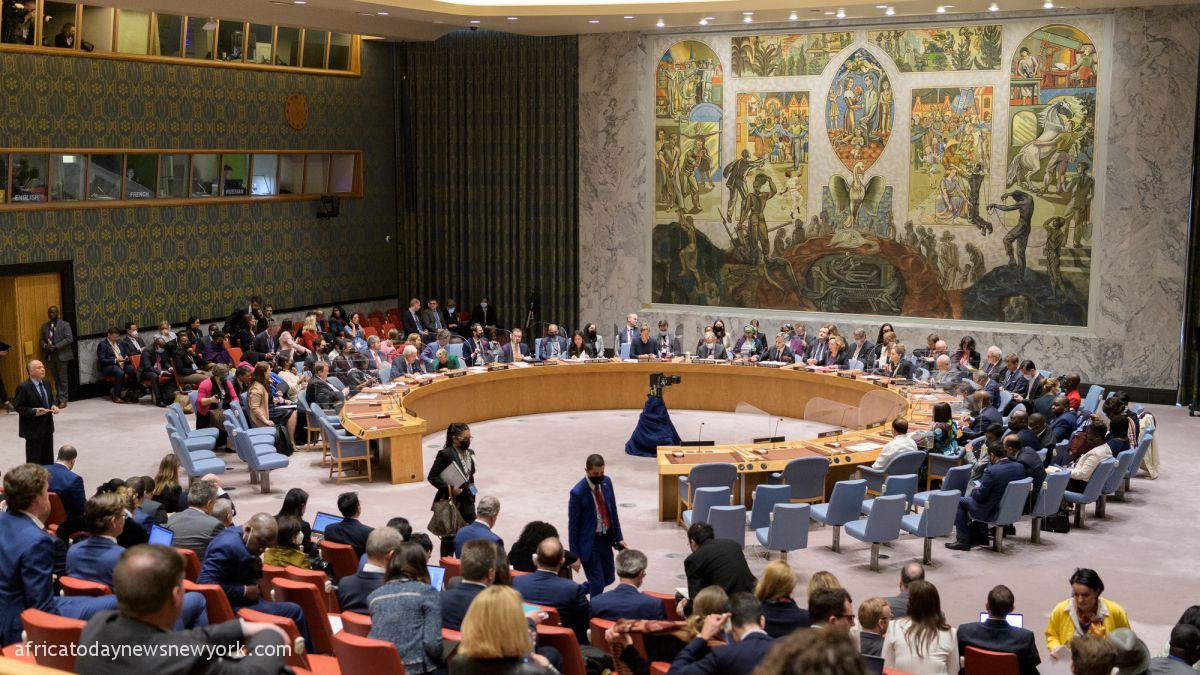China and Russia have lambasted the United States accusing them of stoking tensions on the Korean Peninsula during a key meeting held to explain their decisions to veto new global sanctions over Pyongyang’s renewed ballistic missile launches.
Zhang Jun, China’s ambassador to the United Nations, informed the General Assembly on Wednesday that tension on the peninsula has ‘developed to what it is today, primarily due to the flip flop of US policies’.
He pushed Washington to take action and made a plea for the sanctions to be lifted.
‘There are many things that the US can do, such as easing sanctions on [North Korea] in certain areas, and ending joint military exercises [with South Korea]. The key is to take actions, not just talk about its readiness for dialogue with no preconditions,’ said Zhang.
Moscow’s deputy ambassador to the UN, Anna Evstigneeva, also called for sanctions to be lifted.
Read Also: Russia Assumes Partial Control Of Flashpoint Ukraine City
North Korea needs more humanitarian aid and the West should stop blaming Pyongyang for tensions, she said.
The Wednesday session of the 193-member UN General Assembly was the first at which permanent members of the Security Council had to explain their use of the veto, a step required under a resolution adopted by the global body on April 26.
Africa Today News, New York recalls that China and Russia’s vetoes on North Korea last month publicly split the UN Security Council for the first time since it started punishing Pyongyang with sanctions in 2006.
Speaking for the US, Deputy Ambassador Jeffrey DeLaurentis dismissed China and Russia’s accusations and questioned whether Beijing and Moscow had elevated their “no limits” strategic partnership above global security by vetoing North Korea sanctions.
‘We hope these vetoes are not a reflection of that partnership,’ said DeLaurentis, addressing the assembly after China and Russia.
‘Their explanations for exercising the veto were insufficient, not credible and not convincing. The vetoes were not deployed to serve our collective safety and security.’
He added that the current sanctions and proposals for new measures are in direct response to North Korea’s actions and said the US repeatedly tried to restart talks, sending public and private messages, but had not received a response.

